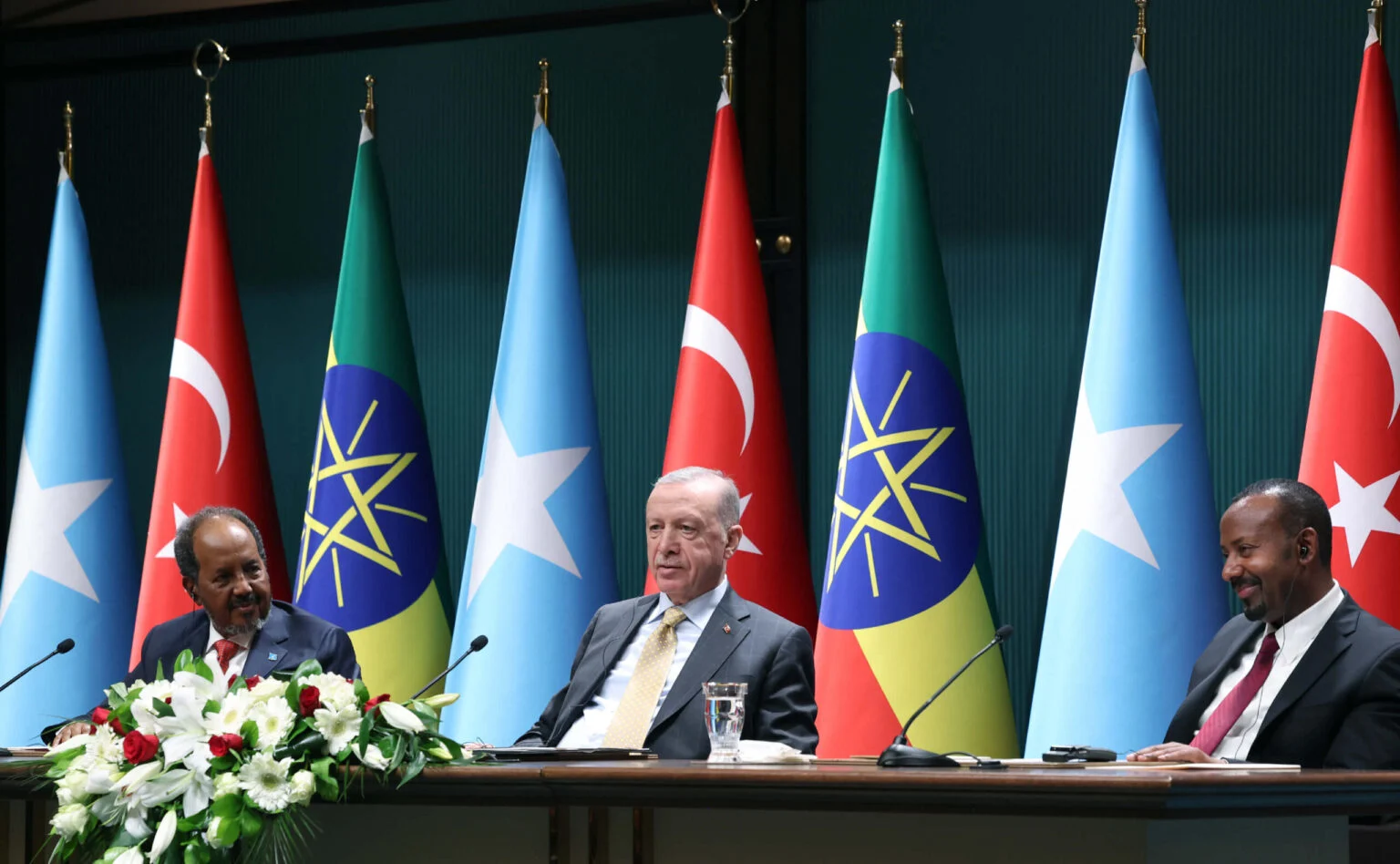Turkey seeks growing influence in Africa
Post By Diaspoint | April 14, 2025

Turkey has long sought to extend its influence in Africa by mediating in conflicts and building military partnerships with countries on the continent.
Those efforts have picked up speed in recent months with diplomatic successes in resolving local conflicts, and as traditional powers such as France and the United States pull back from the continent, according to analysts and diplomats.
An annual diplomacy forum in the southern Mediterranean resort of Antalya on April 11-13 drew many African officials, including the president of Somalia, as part of Ankara’s efforts to consolidate its foothold in Africa.
“Today African countries are looking for alternatives, and Turkey represents one of those options, so it has resonated well in Africa,” Professor Eghosa Osaghae, director general of the Nigerian Institute of International Affairs, who attended the forum, told Agence France-Presse.
Turkish President Recep Tayyip Erdoğan boosted his international standing after backing rebels who overthrew Syrian ruler Bashar al-Assad and brokering a key Horn of Africa peace deal between Somalia and Ethiopia.
Ankara, which also hosted two rounds of talks between Russia and Ukraine at the start of the war, has often said it is ready to support any initiative leading to peace between its two Black Sea neighbors.
The Antalya forum was also attended by Syria’s new leader Ahmed al-Sharaa, Russian Foreign Minister Sergei Lavrov and Ukrainian Foreign Minister Andriy Sybiha.
For Osaghae, whether Turkey can fill the vacuum in Africa left by France, which has seen many of its former colonies turn away from it in recent years, would “depend a great deal on how attractive Turkey’s offers to African states will be.”
Speaking to AFP on the sidelines of the forum in Antalya, Ivory Coast’s foreign minister, Kacou Leon Adom, said, “We have relations with France that we are very proud of. But France doesn’t prevent us from having other partnerships.”
Read More on News from source
Read More from original source
